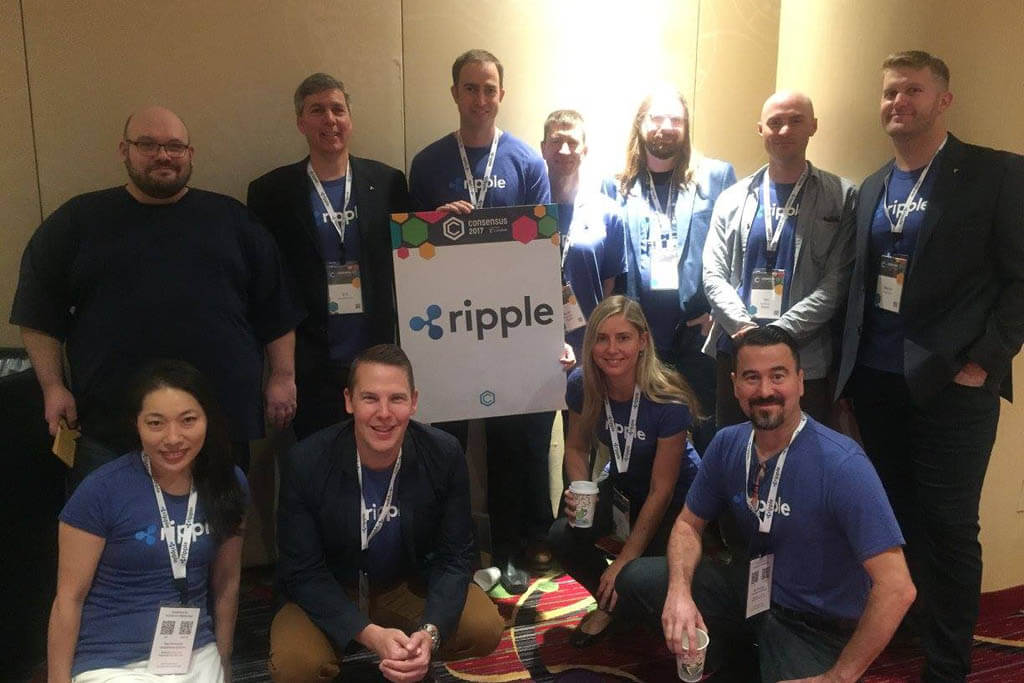RippleNet has announced that the list of the financial institutions which joined the network had expanded exceeding 100 companies.
Ripple enterprise blockchain network now encounters over 100 innovative financial institutions including AirWallex, Bexs Banco, Credit Agricole, Cuallix, Currencies Direct, dLocal, IFX, Krungsri, RAKBANK and TransferGo which have recently joined RippleNet to modernize global payments leveraging the full power of blockchain.
“Now, more than 100 financial institutions — across banks, payments providers and more — use the power of Ripple’s blockchain technology to provide a global payments experience that delivers instant, certain, low-cost global payments to their customers,” the company underlined in a blog post.
RippleNet was designed to usher global payments into a modern era and to solve the shortcomings of entrenched infrastructure. Financial institutions which join the network sign up for adopting blockchain commercially to provide their customers a global payments experience that meets what they’ve come to expect from other internet services — nothing short of effortless.
The company believes that the news once again will undermine the dominance of banks and corporations over financial transactions.
“The global payments industry really has been ruled by an oligopoly, led by players like JPMorgan and Citi,” Ripple CEO Brad Garlinghouse told CNBC during a phone call Monday. He spoke about criticisms regarding growing popularity of cryptocurrencies like bitcoin voiced by business leaders such as Jamie Dimon and Ray Dalio.
“It’s certainly not that surprising to see Jamie Dimon’s comments recently on bitcoin given that they (JPMorgan) control that oligopoly,” he said.
Mexican non-bank financial services firm Cuallix, new customer of Ripple, is said to be the first institution to trial Ripple’s cryptocurrency while banks and corporations now have to pre-fund local currency accounts around the world to be able to send payments quickly.
As Ripple CEO explained, the network’s virtual currency will allow its customers to lower the cost of payments from the U.S. to Mexico: “I think we’re really at a tipping point for the blockchain industry.”
“Our business — and our customer’s livelihood — depends on our ability to send micro-payments easily and quickly to Mexico. With xRapid, we can source liquidity through XRP and complete the cross-border payments in seconds,” Cuallix confirmed.
Back in September the San Francisco-based fintech startup unveiled the previous list of recenly joined institutions which included Bank of America Merrill Lynch, Royal Bank of Canada, Santander, UniCredit, Australian Westpac Banking Corporation, and Standard Chartered.
The news about the new blockchain payments network follows Ripple’s recent announcement that it raised $55 million in Series B financing from major investors, including Standard Chartered, Accenture and SCB Digital Ventures, and SBI Holdings. The company expects that the new funding round will help to speed up customer adoption, enlarge global team and pursue strategic partnerships.
The previous Series A financing round finished in May 2015 and brought $93 million from IDG Capital Partners, Jerry Yang’s AME Cloud Ventures, and the venture arms of CME Group and Seagate Technology.
In June, Ripple expanded its global network by adding seven banks, such as UBS, Santander, UniCredit, ATB Financial, Reisebank, CIBC, and the National Bank of Abu Dhabi. Currently, the Ripple’s world network includes 12 of the globe’s top banks, with 10 banks being in commercial deal phases and over 30 bank pilots being completed.
